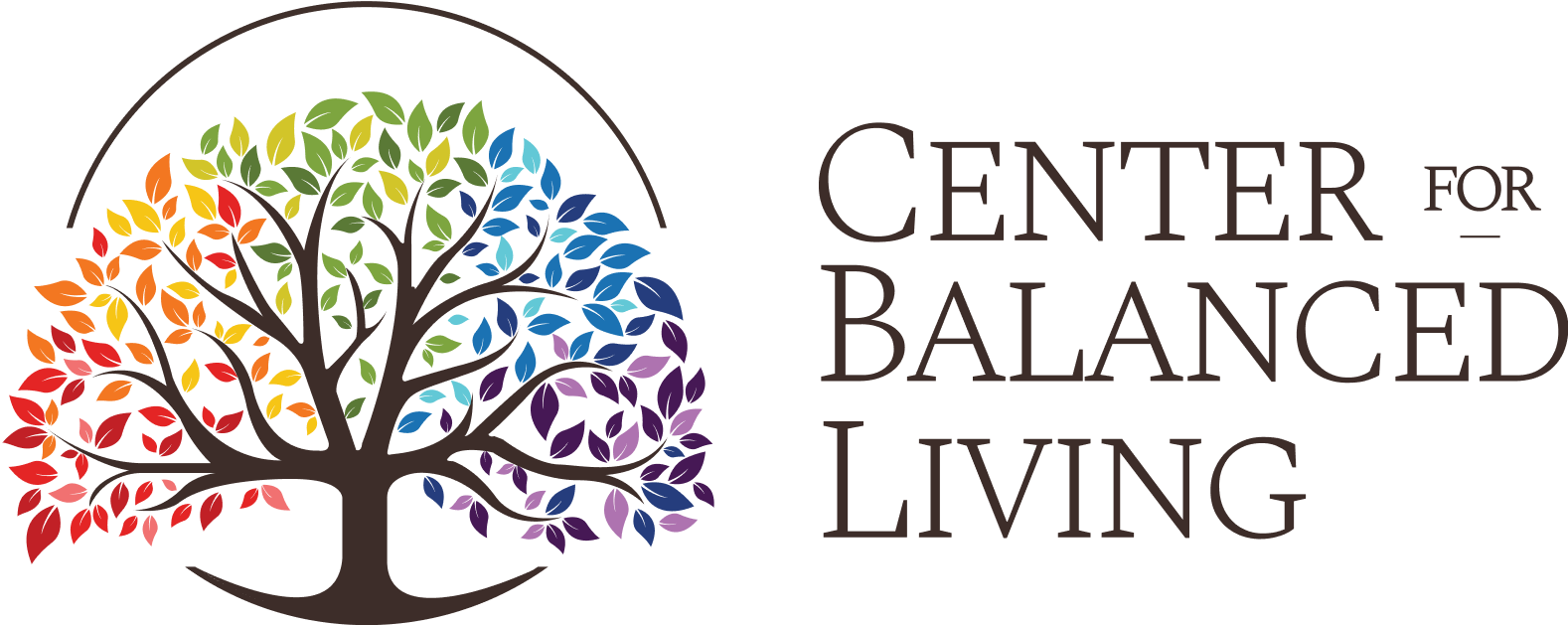Finding Freedom Within: Independence Day, Mental Health, and the Power of Narrative Therapy
As fireworks light up the sky and American flags wave proudly from porches, Independence Day often brings a swell of patriotic spirit and celebration. But for many, especially those navigating mental health challenges or grieving complex losses, this holiday can stir unexpected emotions. Beneath the surface of cookouts and parades, the themes of freedom, reflection, and resilience take on a much deeper, more personal meaning.
When Freedom Doesn’t Feel Free
Independence Day commemorates liberation—the birth of a nation breaking free from tyranny. Yet for those facing complex grief or trauma, freedom can feel elusive. The grief that comes from losing someone to suicide, overdose, estrangement, or betrayal doesn't follow a linear path. It's layered. It's messy. It's filled with conflicting emotions: sorrow tangled with anger, love knotted with regret.
For trauma survivors, holidays can also be triggering. Fireworks might echo like gunshots. Crowds can feel overstimulating. And the expectation to be cheerful may clash with internal storms. Independence Day can highlight the emotional prisons many of us still live in—prisons built from past trauma, societal expectations, or our own inner critic.
Complex Grief and Emotional Independence
Grief becomes "complex" when it’s prolonged, complicated by trauma, or when the loss is ambiguous—like losing someone who’s still alive but emotionally unavailable, or discovering painful truths after death. These experiences can make us question our past, our decisions, even our identity.
Emotional independence doesn’t come from suppressing these emotions. It comes from honoring them. And this is where narrative therapy becomes a powerful tool.
The Power of Narrative Therapy
Narrative therapy is based on the idea that we are not our problems—we are the storytellers of our lives. When we suffer, especially in silence, we can become entangled in stories that say we’re broken, unlovable, or to blame. Narrative therapy invites us to externalize these problems and examine them with curiosity instead of shame.
By writing, speaking, and reshaping the stories we tell ourselves, we can begin to reclaim agency. We find freedom in meaning-making.
- "I lost him" becomes "I survived a love that broke me open."
- "I should have done more" becomes "I did the best I could with what I knew then."
- "I can’t move on" becomes "I’m learning how to carry this and still live."
What This Holiday Can Mean for Healing
What if Independence Day became more than a celebration of national freedom? What if it were also a reminder of our right to emotional sovereignty?
- The right to rewrite the stories we inherited or internalized.
- The right to grieve without a deadline.
- The right to define who we are beyond what happened to us.
Whether you’re mourning someone who never got the help they needed, confronting a loss that no one else understands, or learning how to be free from an abusive past, your story matters.
Honoring the Day in a Different Way
If this Independence Day feels heavy, consider honoring it differently:
- Write your story. Even one page. Not for perfection—just for expression.
- Create a ritual of release. Write down a belief or memory you’re ready to let go of, and burn it safely or bury it.
- Take a silent walk in nature. Let your body feel the space to breathe.
- Talk to someone. A therapist, a trusted friend, or even a journal.
Because the most radical kind of independence is emotional freedom—the ability to feel your truth, name your pain, and choose how to carry it forward.
Final Thoughts
This Fourth of July, amidst the noise of fireworks and the quiet ache of memory, may you find a moment of stillness—a breath of clarity that reminds you: you are not what hurt you. You are not what you’ve lost. You are the author now.
And healing? That’s the most beautiful kind of revolution.



